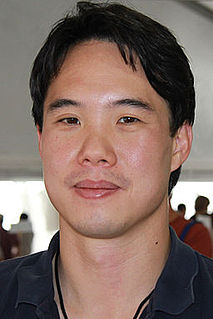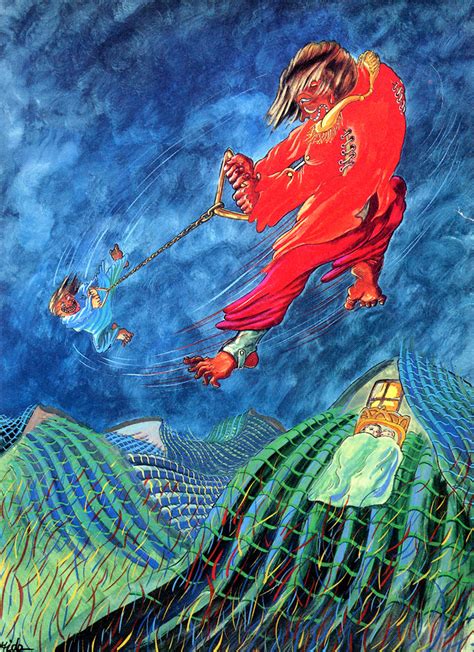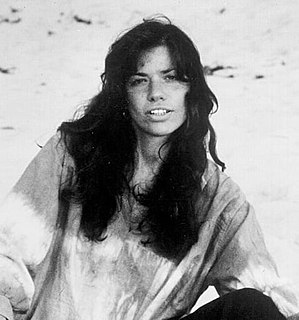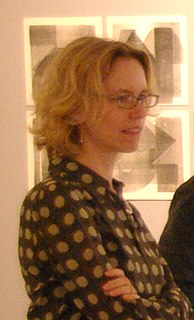A Quote by Bill Gates
You don't go to other books and take little pieces because although say a romantic scene may have been many times before all the details of who it is, where it is, are so intertwined in that text that it's easier to write it from scratch.
Related Quotes
Like any other person who reads a ton of books, I hate many, many books. Oh, how I hate them. I have performed dramatic readings of the books I hate. I have little hate summaries. I have hate impressions. I can act out, scene by hateful scene, some of these books. I can perform silent hate charades.
How many times have I failed before? How many times have I stood here like this, in front of my own image, in front of my own person, trying to convince him not to be scared, to go on, to get out of this rut? How many times before I finally convince myself, how many private, erasable deaths will I need to die, how may self-murders is it going to take, how many times will I have to destroy myself before I learn, before I understand?
The current publishing scene is extremely good for the big, popular books. They sell them brilliantly, market them and all that. It is not good for the little books. And really valuable books have been allowed to go out of print. In the old days, the publishers knew that these difficult books, the books that appeal only to a minority, were very productive in the long run. Because they're probably the books that will be read in the next generation.
One wouldn't want to say that what makes a good writer is the number of books that the writer wrote because you could write a whole number of bad books. Books that don't work, mediocre books, or there's a whole bunch of people in the pulp tradition who have done that. They just wrote... and actually they didn't write a whole bunch of books, they just wrote one book many times.
A lot of times, writers are told write as big as you can, and that's not untrue. But at times I think it's better to write as small as you can, to start scenes with little personal details or people who are doing average every day human things. That, to me, lets the average reader into that person's life. "Yeah I eat breakfast. I take a shower."
Designers provide ways into—and out of—the flood of words by breaking up text into pieces and offering shortcuts and alternate routes through masses of information. (...) Although many books define the purpose of typography as enhancing the readability of the written word, one of design’s most humane functions is, in actuality, to help readers avoid reading.
It is all, as usual, paradox. I have to use what intellect I have in order to write books, but I write the kind of books I do in order that I may try to set down glimpses of things that are on the other side of the intellect. We do not go around and discard the intellect, but we must go through and beyond it.




































